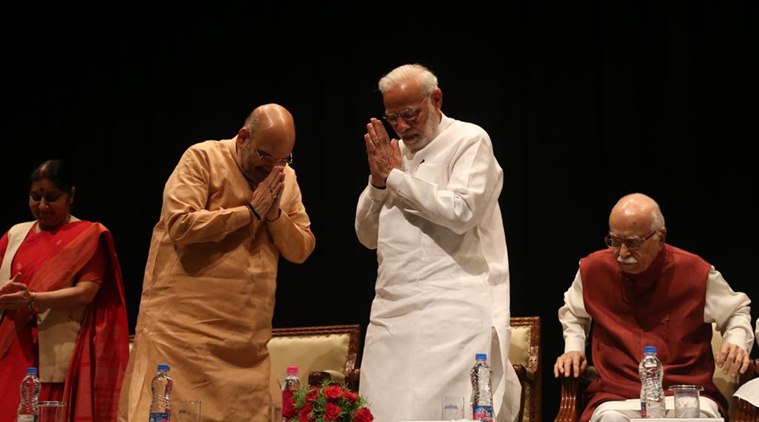Defeat of saffron party in 2019 may not ensure failure of BJP project
The last elections brought about the discourse of “New India”. It brought to the forefront a wound caused (to some political groups) by the imagery of India that originated in India’s national movement.

The 2014 elections produced a government which subsequently expanded its limited mandate. They also considerably complicated Indian democracy. It is worthwhile to ask if the 2019 elections are likely to strengthen democracy.
Five years ago, the BJP rode to power on the twin advantage of leadership and anti-incumbency. Both these issues tapped into the aspirations of young voters and sections that imagined a middle class location for themselves. Today, the BJP goes to the voters not as a challenger but as a defender. In all probability, it can hide behind the argument that there is no alternative and that an “unprincipled” coalition is only interested in removing the ruling party.
So, the elections might involve a competitiveness that was absent last time. But if we were to think beyond winners and losers, the relevance of the 17th Lok Sabha elections may be measured by contextualising them in 2014.
The 2014 elections need not be remembered only for the defeat of the Congress-led UPA government. They stand out in India’s electoral history as one of the few critical elections that had the potential to change both the nature of competition and the nature of politics. This happened in at least five ways.










.png)




























No hay comentarios:
Publicar un comentario